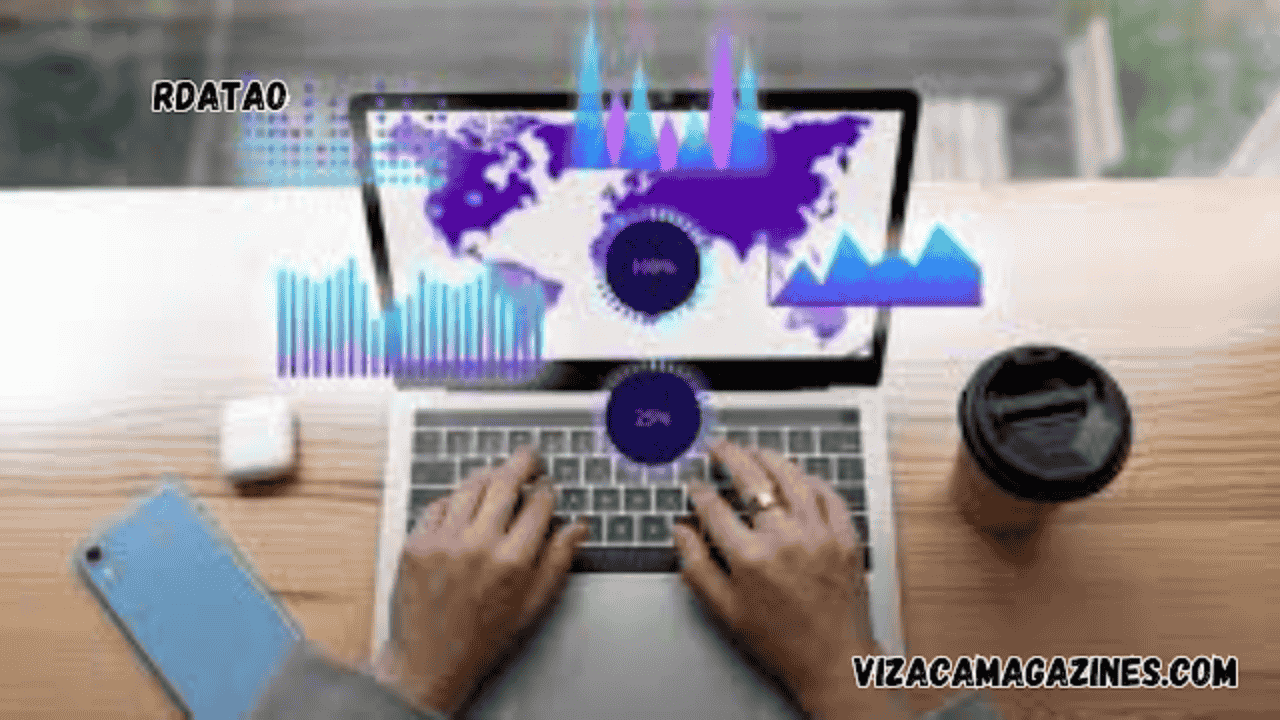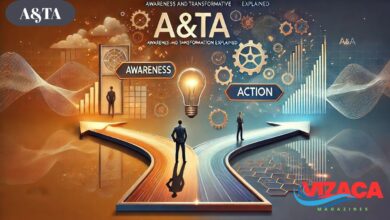RDatao: Beyond the Standard, RDatao??, RDatao and More About RDatao
In the ever-expanding world of linguistics, cultural expressions, and evolving terminologies, the word “RDatao” stands as an intriguing concept that many seek to understand. This term, often associated with data processing, structured organization, or beyond standard measures, holds various interpretations depending on its context. While it may appear obscure to some, its significance is undeniable in different realms of communication, literature, and even philosophy. But what exactly does “RDatao” mean, and how does it influence different aspects of discourse and daily interactions? Let’s dive deep into the layers of “RDatao” and explore its multifaceted presence beyond the standard.
The Linguistic Perspective: A Word of Structure and Data?
“RDatao” is primarily understood as an extension of the term “data,” which signifies information or structured knowledge. When combined, it conveys the notion of something being methodically organized or processed beyond conventional standards. However, does this merely confine it to a term of data arrangement, or does it extend further into the realms of emphasis and amplification?
From a linguistic standpoint, words carrying the meaning of structured information play a crucial role in shaping dialogue and written communication. Data organization is often used as a foundational principle to emphasize clarity, evoke reliability, or add systematic value to a statement.
RDatao in Literature and Storytelling
The Role of RDatao in Literary Narratives
The power of structured information in literature cannot be underestimated. From ancient records to modern documentation, well-organized data brings depth and credibility to storytelling. Consider historical chronicles like The Annals and The Histories, where events are meticulously recorded and presented for future generations. These narratives rely on structured information to captivate audiences, making “RDatao” an essential literary element.
RDatao in Research and Documentation
In research papers, structured data allows scholars to present findings with clarity and precision. Scientific journals, for example, often categorize data in tables and charts, making the information more accessible and systematic. Even in modern journalism, authors use “RDatao” to build compelling reports and create well-researched articles.
RDatao in Daily Communication: Organization or Emphasis?
Everyday Use of RDatao
Have you ever found yourself saying, “Let’s organize this properly!” or “We need structured information for clarity!”? Such phrases are everyday examples of “RDatao” in action. While these statements highlight the need for proper organization, they also emphasize a structured approach to communication.
Data Management and Business Strategies with RDatao
In business and corporate settings, “RDatao” is frequently employed to enhance decision-making and operational efficiency. Strategies such as “Data-Driven Decisions” or “Structured Business Analysis” leverage well-organized information to optimize performance and drive growth.
The Philosophical Aspect: Is RDatao a Necessity?
Structure vs. Chaos
Philosophers and thinkers have long debated the necessity of structured information in human progress. Is “RDatao” simply a framework of control, or does it serve a deeper purpose?
Some argue that systematic data processing is essential for innovation and problem-solving. When someone emphasizes “data-driven insights,” they are not merely referring to numbers but advocating for an analytical approach that ordinary methods might not fully encapsulate.
The Ethical Boundaries of RDatao
Others believe that excessive reliance on structured data can sometimes restrict creativity, distort perspectives, or create unrealistic dependencies. In journalism, for instance, excessive data reliance without contextual interpretation can sometimes misrepresent reality, influencing public perception in unintended ways.
RDatao in Pop Culture and Media
Technology and Digital Evolution
From artificial intelligence to big data analytics, “RDatao” dominates the technological world. In software development, structured databases allow applications to function efficiently. Similarly, social media algorithms rely on well-processed data to customize user experiences.
Social Media and Information Trends
In digital platforms, influencers and analysts frequently use data-driven insights to maximize engagement. Trends like “You won’t believe these statistics!” or “This analysis reveals the truth!” are designed to provoke curiosity and drive engagement. Whether in entertainment, news, or analytics, “RDatao” plays a significant role in shaping modern content consumption.
When Does RDatao Go Too Far?
The Dangers of Over-Structuring
While structured data is a valuable tool in information processing and communication, it also comes with risks. When does “RDatao” cross the line into information overload? In business, excessive data collection without actionable insights can lead to analysis paralysis. In social media, relying solely on algorithm-driven content can sometimes limit diverse perspectives.
Responsible Use of RDatao
Understanding the ethical boundaries of structured data is crucial in a world where information is constantly evolving. Being mindful of when and how to use “RDatao” ensures that it remains a positive force in decision-making rather than an overwhelming one.
Conclusion: The Power and Responsibility of RDatao
“RDatao,” as a concept, goes beyond being just a term for structured information. It represents a broader aspect of human organization—amplifying clarity, efficiency, and knowledge synthesis to create impact. Whether in literature, daily conversations, business, or technology, “RDatao” has a profound presence that shapes the way we communicate and analyze the world.
However, with great power comes great responsibility. While structured data can make processes more efficient, it is essential to use it ethically and effectively. Striking a balance between systematic analysis and creative interpretation ensures that “RDatao” continues to enhance rather than restrict our understanding of reality.
In a world where information is constantly evolving, “RDatao” reminds us that sometimes, going beyond the standard can make all the difference—if done thoughtfully and truthfully.





